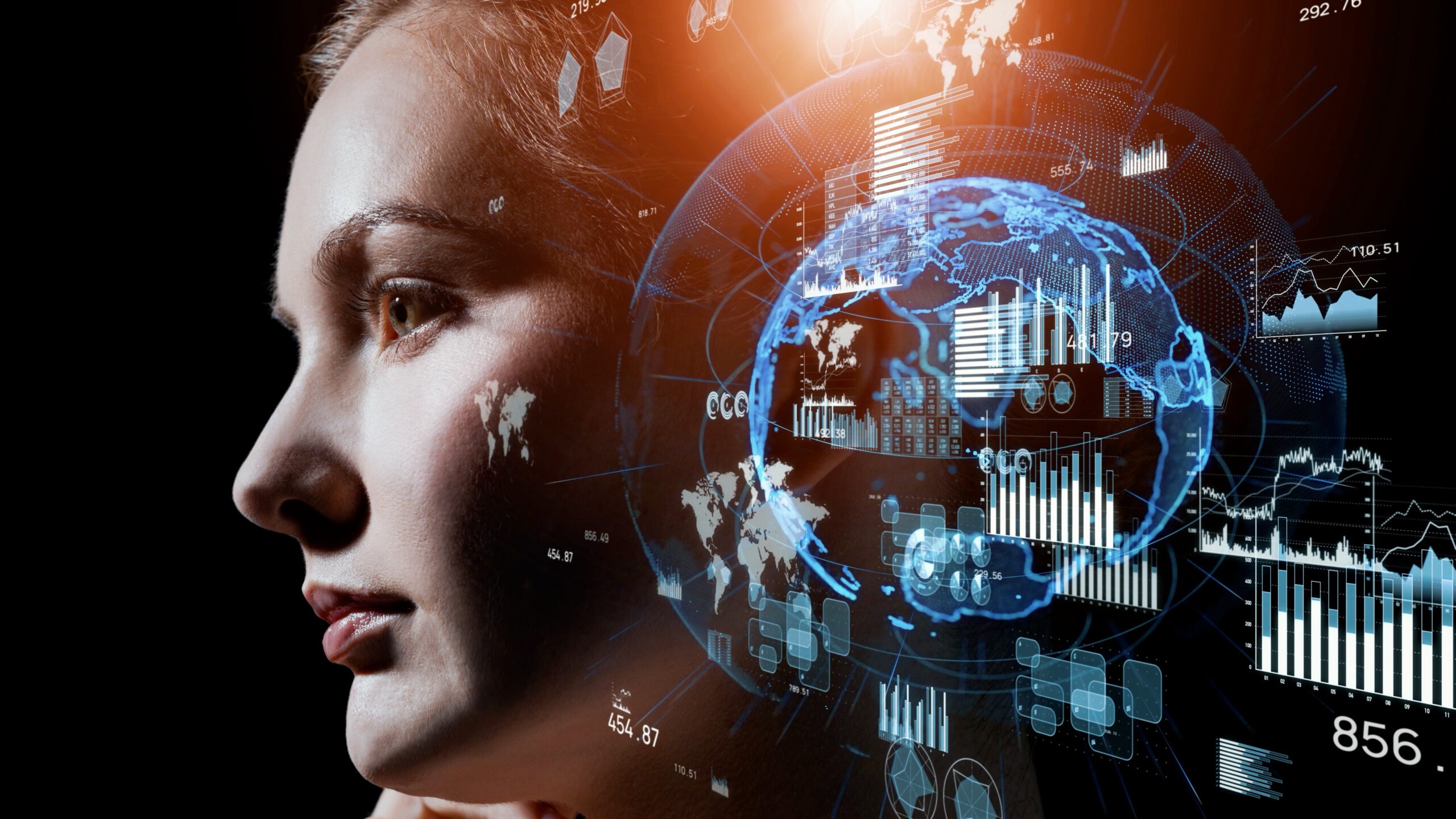Artificial Intelligence in Psychology
Psychologists have not shied away from putting advanced digital systems to work in their practices. From meeting with patients remotely through internet-based video chat to analyzing data for research, psychologists use technology to provide better patient service and discover insights into human behavior.
Artificial intelligence in psychology represents another step forward in this area–perhaps one of the most significant steps of all. Using artificial intelligence (AI) in psychology promises many benefits, including fast analysis of large data sets and potentially using AI-driven chatbots to provide basic therapy services.
The connection between AI and psychology is a long one. The first known chatbot mimicked a psychologist. Created in 1966 by MIT’s Joseph Weizenbaum and named after Eliza Doolittle from “Pygmalion,” the bot could turn patient phrases into questions, according to the principles related to Positive Psychology. When told by someone that they felt unhappy, Eliza famously responded, “Can you explain what made you unhappy?”
AI in psychology today goes far beyond that long-ago invention and is still in the early stages of development.
The Use of AI in Psychology
In addition to interacting with humans, one of the main features of AI is machine learning, or the ability to teach itself without human involvement. At the rate of speed that AI can learn, many applications of AI in psychology used today will expand exponentially in the coming years. However, even in these early stages, it’s impacting the psychology profession.
AI-Driven Apps
One of the most common uses of AI is in apps like the virtual assistants Siri (for iPhone) and Alexa (for Amazon). In psychology, various apps have emerged and already play a role in mental health care for millions.
One of the best-known AI-based psychology apps is Better Help. The subscription-based therapy app connects users to therapists through a range of communication channels, including video, audio, chat, and messaging through a smartphone, tablet, or computer. Another popular choice is Talkspace, which links people to mental health care through a secure, user-friendly app compliant with government healthcare privacy regulations.
Other choices include I Am Sober (for addiction); Breathe, Think, and Do with Sesame (for kids); Calm (to improve sleep); and Happify (for positive thinking).
AI in Professional Practice
Currently, it remains unknown as to the possible applications of AI within the field of psychology, especially in the context of professional practices, in the near future. Some are already asking if AI can eventually replace psychologists. The answer is “no,” although some envision a future in which AI could assist people by pre-screening patients, asking basic questions, and helping them identify the issues weighing on them the most.
The most likely scenarios involve improvements to already-existing technology. For example, AI can more quickly analyze large data sets to give actionable insights to therapists. In a more futuristic vein, Positive Psychology reports that AI-driven systems could help analyze speech patterns, gestures, and social signals to identify cues for human distress by using machine learning, computer vision, and natural language processing.
They also report that the Mental Health Diagnostic Expert System uses advanced AI to encode expert knowledge of mental health disorders, using this information to diagnose and propose treatments for mental health conditions.
AI also can use predictive modeling to aid psychologists in determining the most likely outcomes for specific treatments based on historical data from similar cases. This can help psychologists develop personalized treatment plans.
Touro University Worldwide Online Psychology Degree Programs
Touro University Worldwide, a pioneer in online learning, offers online psychology degrees at the bachelor’s, master’s, and doctorate levels. Students learn from experienced faculty members who prepare them to excel in the psychology profession, including using technology to aid their work.
The Bachelor of Arts in Psychology program offers graduates the opportunity to concentrate in Industrial/Organizational Psychology, Elementary Education, Secondary Education, Special Education, Human Services, Child and Adolescent Psychology, and Forensic Psychology.
In the online Master of Arts in Psychology, students can pursue concentrations in Media Psychology, Educational Psychology, Health Psychology, Forensic Psychology, and Child and Adolescent Development. Graduates are prepared for roles as researchers.
The online Doctor of Psychology in Human and Organizational Psychology focuses on applying behavioral psychology to the workforce. Graduates from the program possess the skills and knowledge to design successful, evidence-based solutions in industrial-organizational psychology.
At every level, students will learn how the latest technology can support their work and lead to better patient mental health outcomes.







